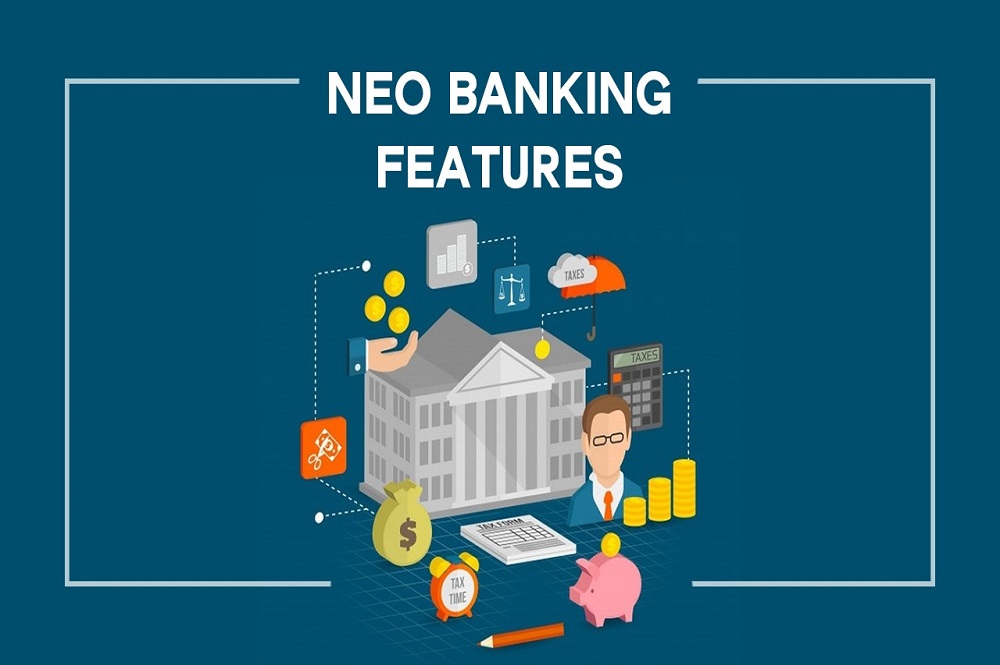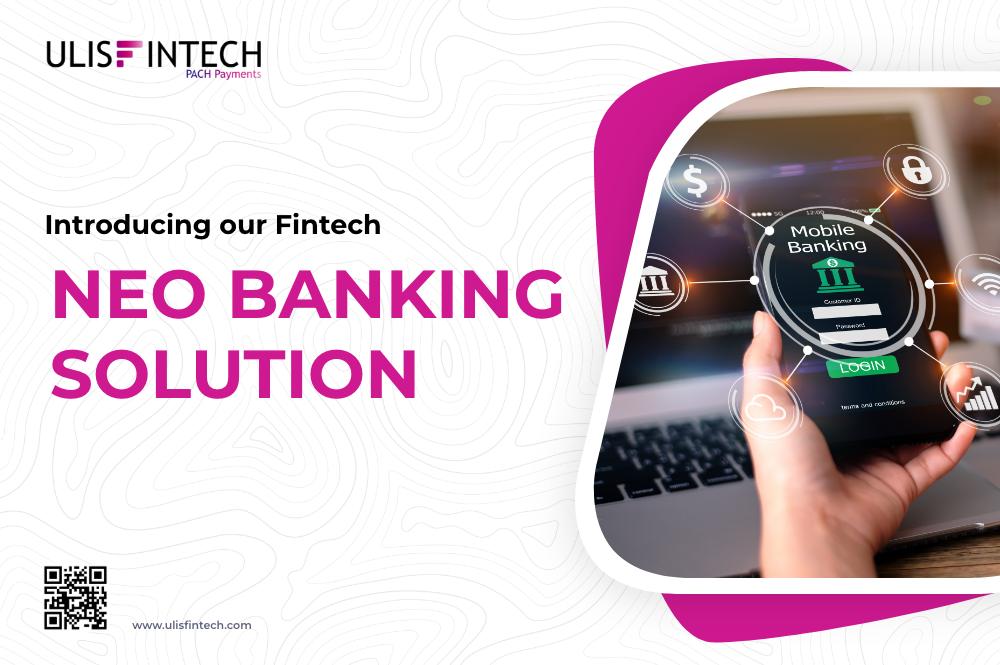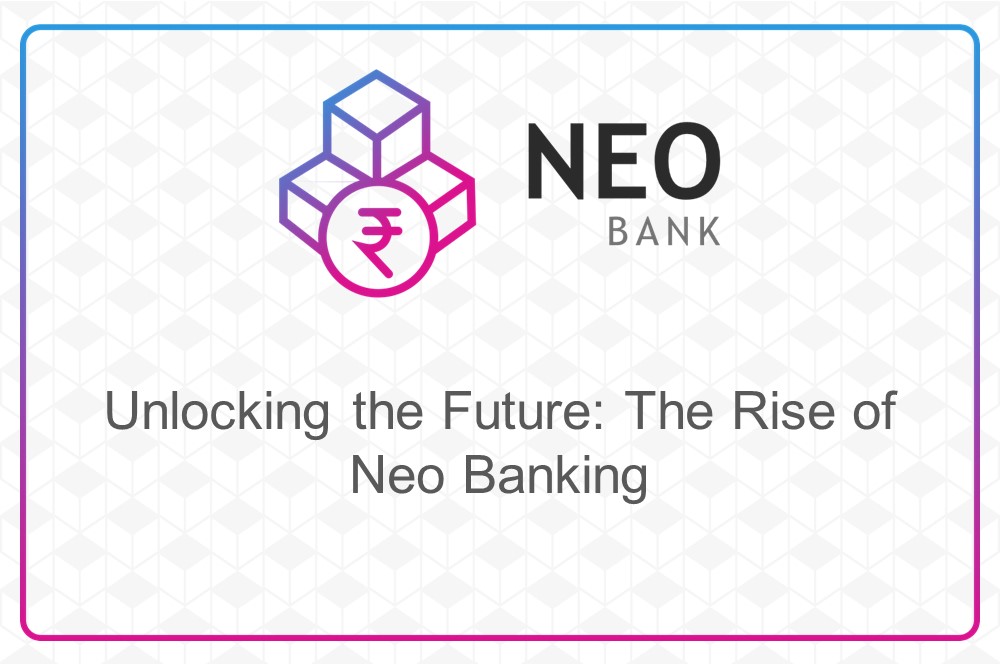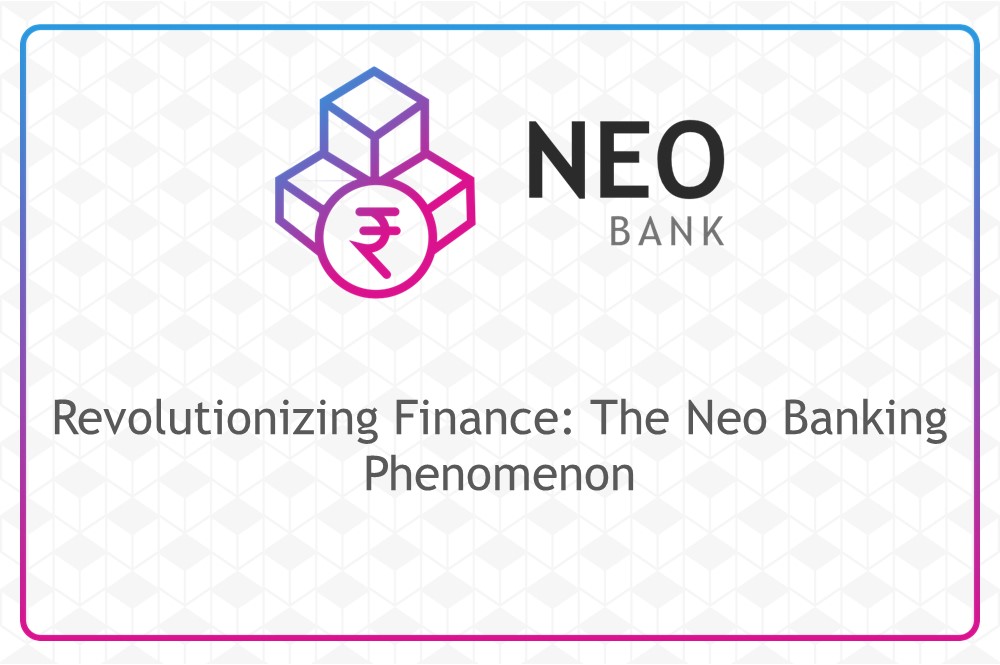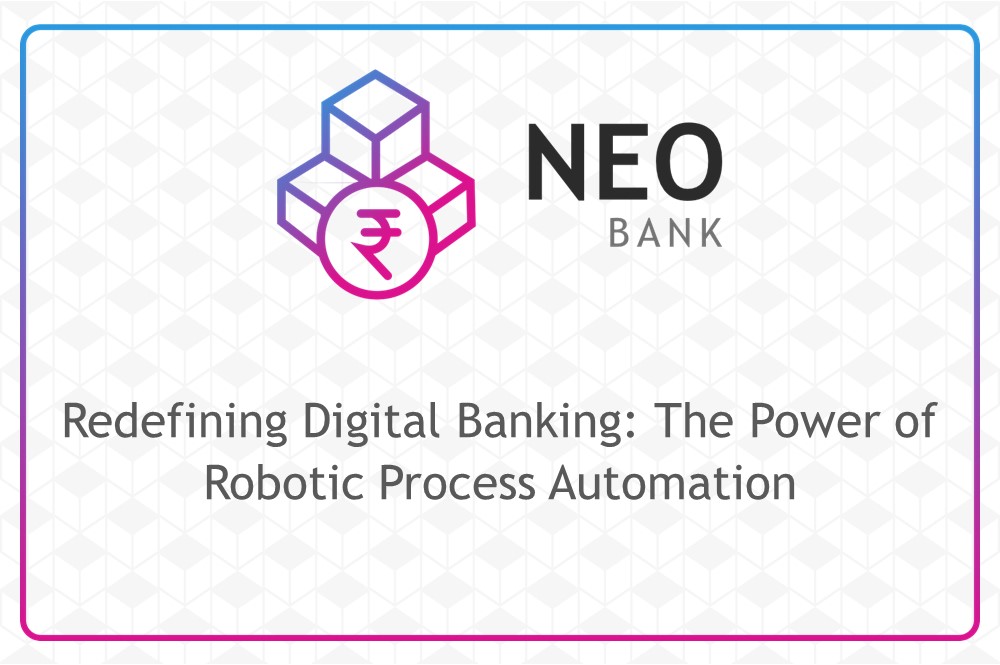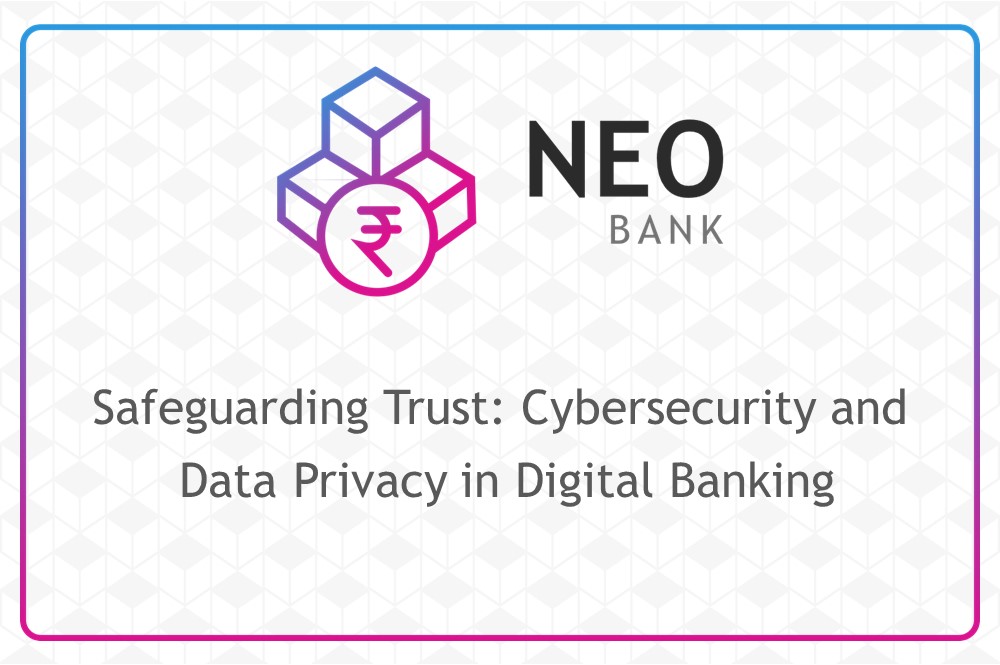Cryptocurrency Banking: Navigating Opportunities and Risks in the Decentralized Economy
Oct 22, 2024 - 2 MINS READ
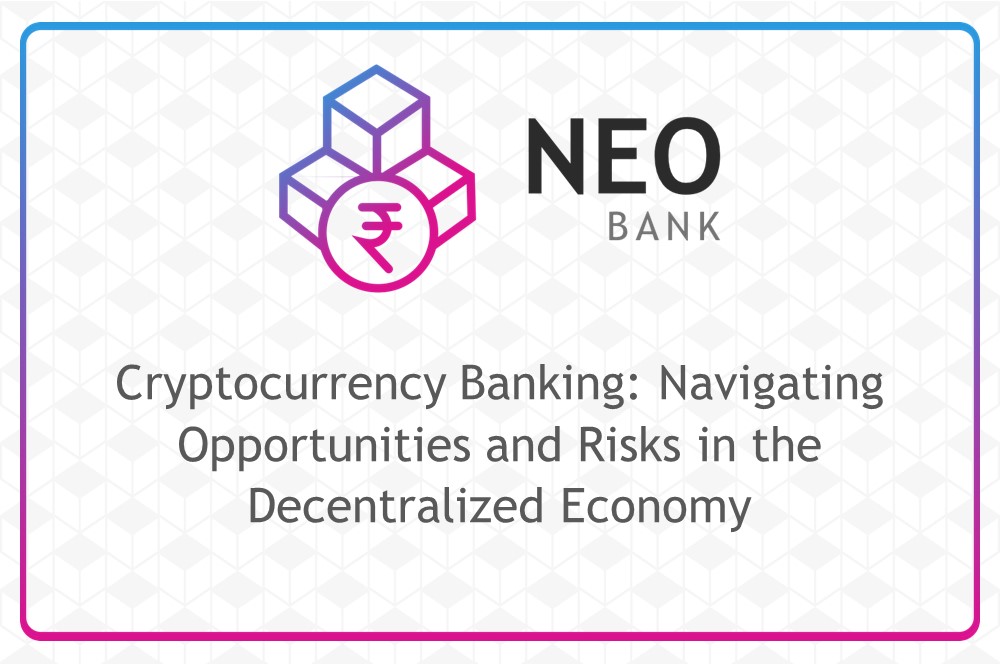
In recent years, the rise of cryptocurrencies has ushered in a new era of decentralized finance, challenging traditional banking models and offering tantalizing opportunities for investors and enthusiasts alike. As the popularity of cryptocurrencies continues to soar, the concept of cryptocurrency banking has emerged, promising enhanced accessibility, transparency, and financial autonomy. However, amidst the allure of potential rewards, it's crucial to recognize and mitigate the inherent risks associated with this nascent industry. Let's delve into the world of cryptocurrency banking, exploring its opportunities, risks, and the path forward in a decentralized economy.
Opportunities of Cryptocurrency Banking:
-
Financial Inclusion: Cryptocurrency banking has the potential to promote financial inclusion by providing access to banking services for underserved populations, including the unbanked and underbanked.
-
Global Accessibility: Cryptocurrencies transcend geographical boundaries, enabling seamless cross-border transactions and eliminating the need for intermediaries, such as banks and remittance services.
-
Transparency and Accountability: Blockchain technology, the underlying framework of cryptocurrencies, offers unparalleled transparency and immutability, allowing users to trace transactions and verify authenticity with ease.
-
Innovative Financial Products: Cryptocurrency banking opens the door to innovative financial products and services, including decentralized finance (DeFi) platforms, lending protocols, staking rewards, and yield farming opportunities.
-
Potential for Wealth Generation: For investors, cryptocurrencies represent a new asset class with the potential for significant returns on investment, albeit accompanied by heightened volatility and market fluctuations.
Risks Associated with Cryptocurrency Banking:
-
Volatility: Cryptocurrency markets are notoriously volatile, subject to rapid price fluctuations and speculative trading activity, which can result in significant gains or losses for investors.
-
Regulatory Uncertainty: The regulatory landscape surrounding cryptocurrencies remains uncertain and fragmented, with varying levels of oversight and compliance requirements across different jurisdictions.
-
Security Concerns: Despite advancements in cybersecurity, cryptocurrency exchanges and wallets remain vulnerable to hacking attacks, fraud, and theft, posing risks to users' funds and personal information.
-
Lack of Consumer Protection: Unlike traditional banks, cryptocurrency exchanges are not typically insured by government-backed deposit insurance schemes, leaving users vulnerable to losses in the event of exchange insolvency or closure.
-
Market Manipulation: The lack of oversight and regulation in cryptocurrency markets leaves them susceptible to manipulation and market abuse, including pump-and-dump schemes, insider trading, and price manipulation tactics.
Navigating the Future of Cryptocurrency Banking:
-
Regulatory Compliance: To mitigate regulatory risks, cryptocurrency banking entities must prioritize compliance with applicable laws and regulations, including anti-money laundering (AML) and know-your-customer (KYC) requirements.
-
Enhanced Security Measures: Robust cybersecurity protocols, including multi-factor authentication, cold storage solutions, and regular security audits, are essential to safeguard users' assets and data.
-
Educating Users: Promoting financial literacy and educating users about the risks and benefits of cryptocurrency banking is crucial for fostering responsible usage and informed decision-making.
-
Diversification and Risk Management: Investors should adopt prudent risk management strategies, diversifying their cryptocurrency holdings and avoiding overexposure to any single asset or exchange.
-
Advocacy and Collaboration: Collaboration between industry stakeholders, including regulators, banks, exchanges, and technology providers, is essential for fostering trust, driving innovation, and promoting the responsible growth of cryptocurrency banking.
In conclusion, cryptocurrency banking represents a paradigm shift in the way individuals access and interact with financial services, offering unprecedented opportunities for financial inclusion, global accessibility, and innovation. However, it's essential to approach this emerging industry with caution, recognizing and mitigating the inherent risks of volatility, regulatory uncertainty, security vulnerabilities, and market manipulation. By navigating these challenges thoughtfully and collaboratively, the cryptocurrency banking sector can realize its full potential as a catalyst for positive change in the decentralized economy.
